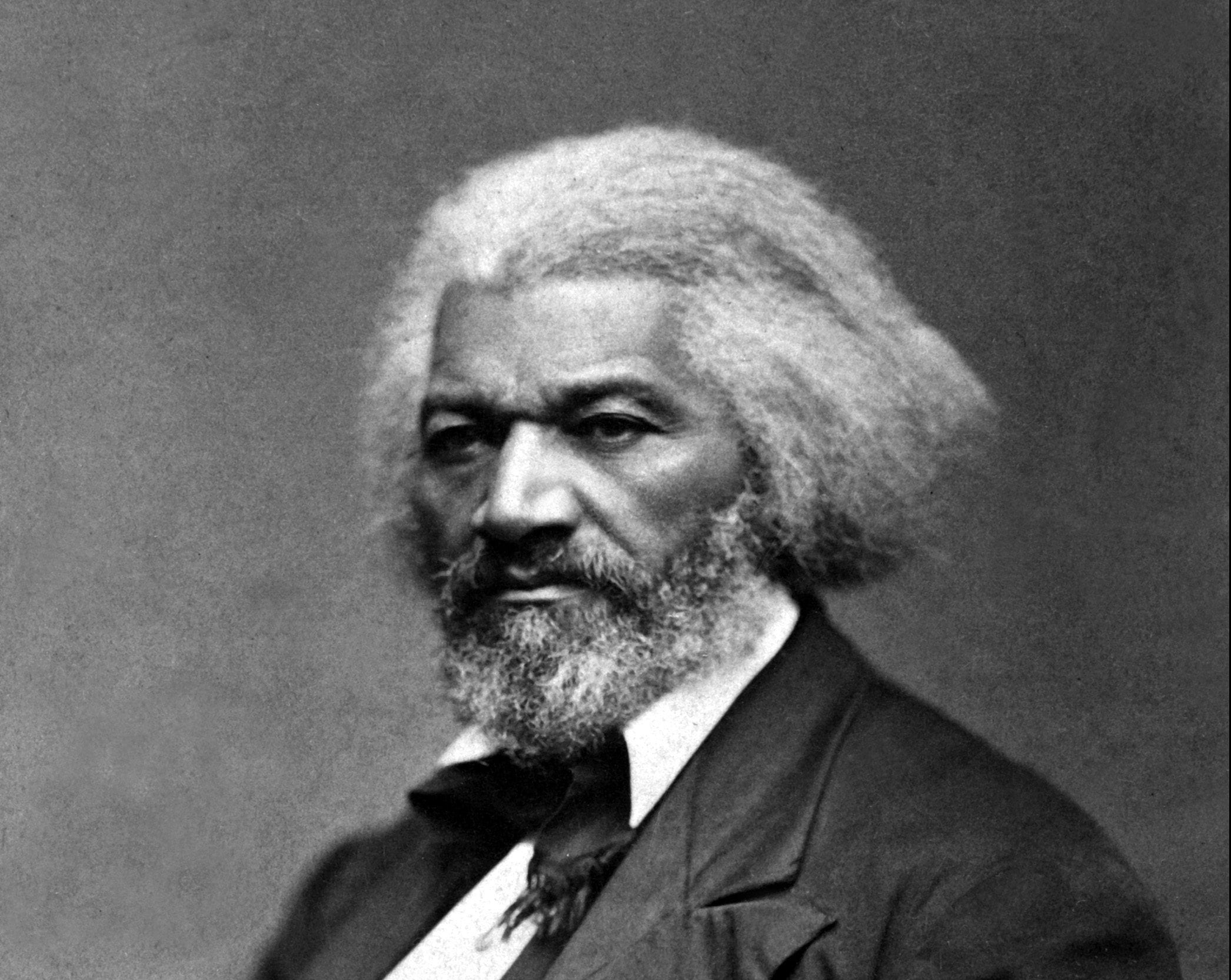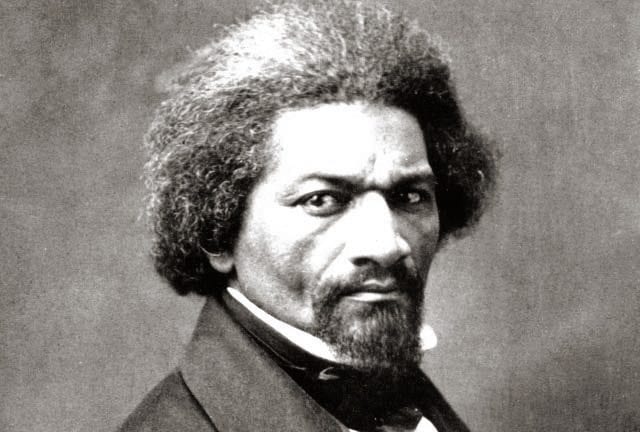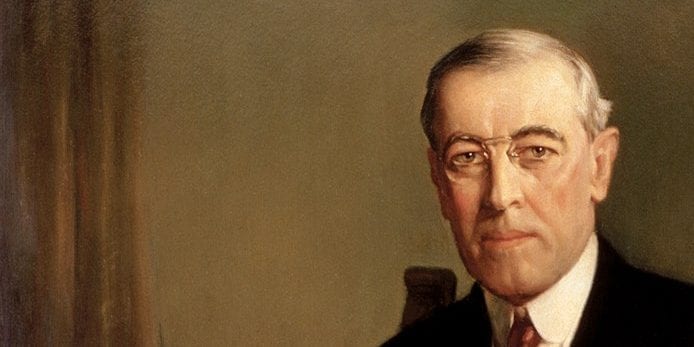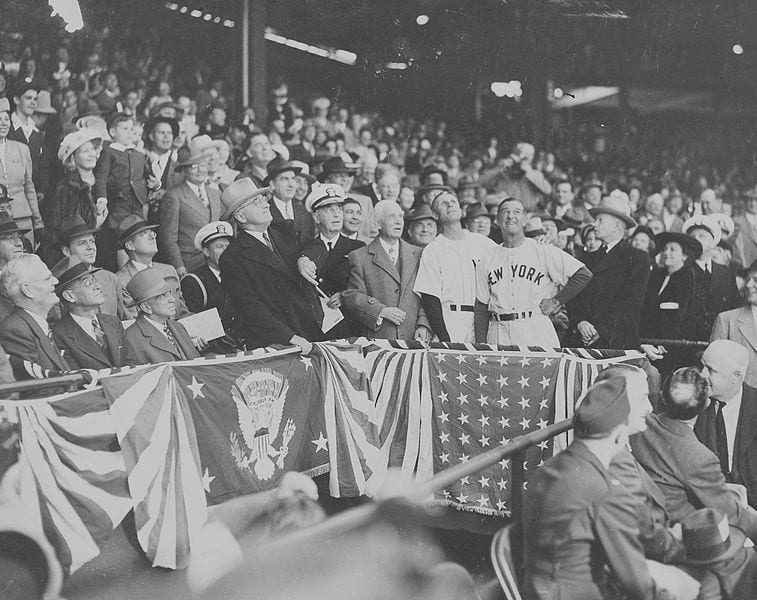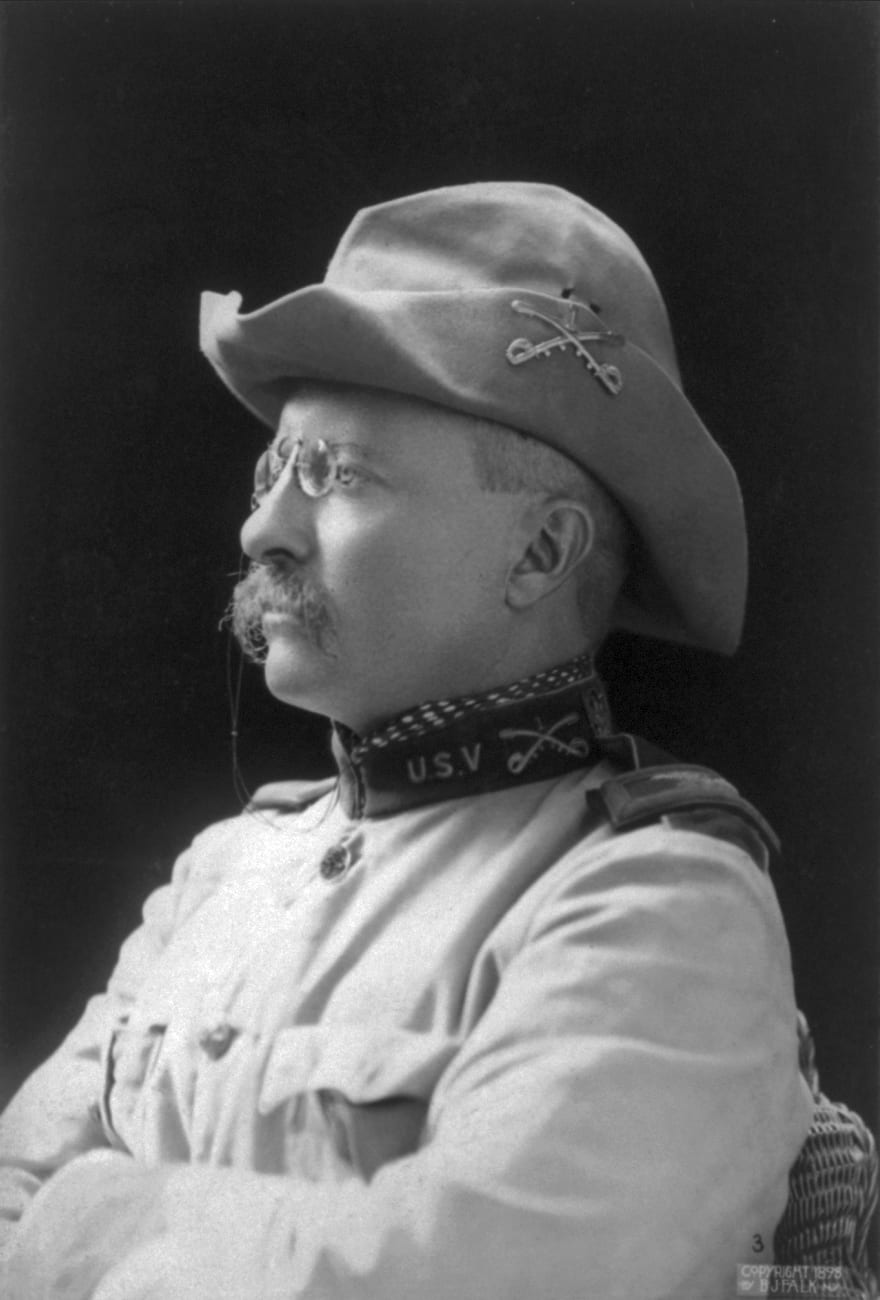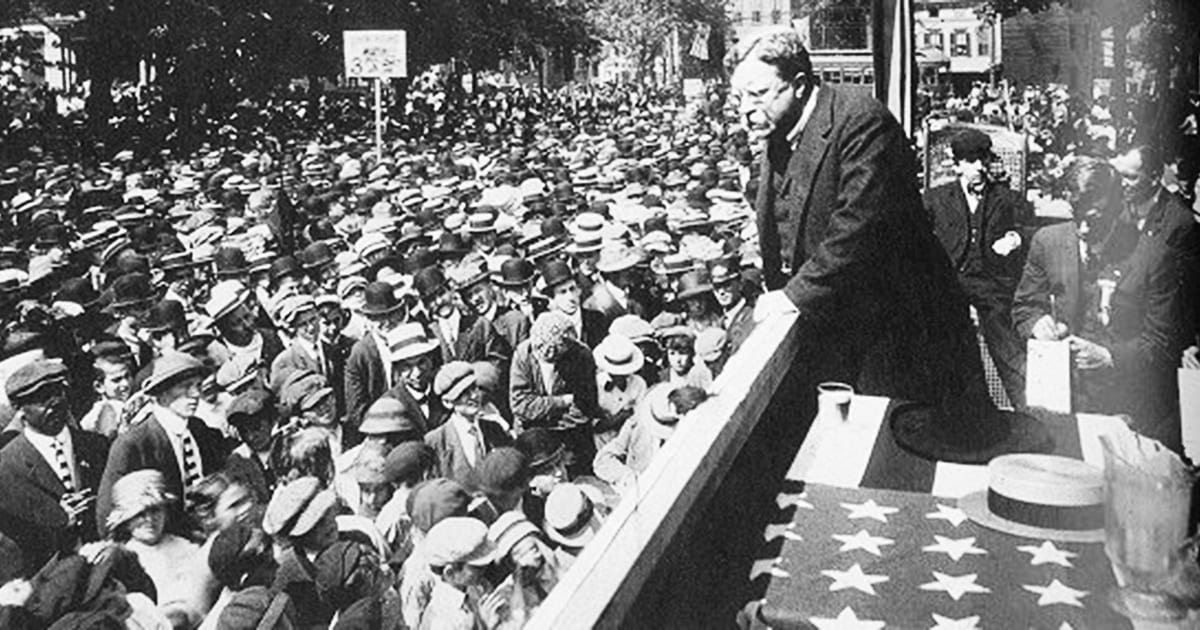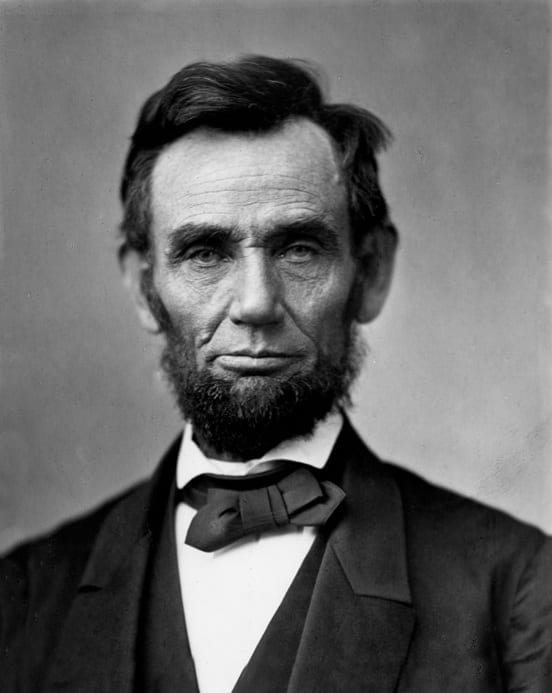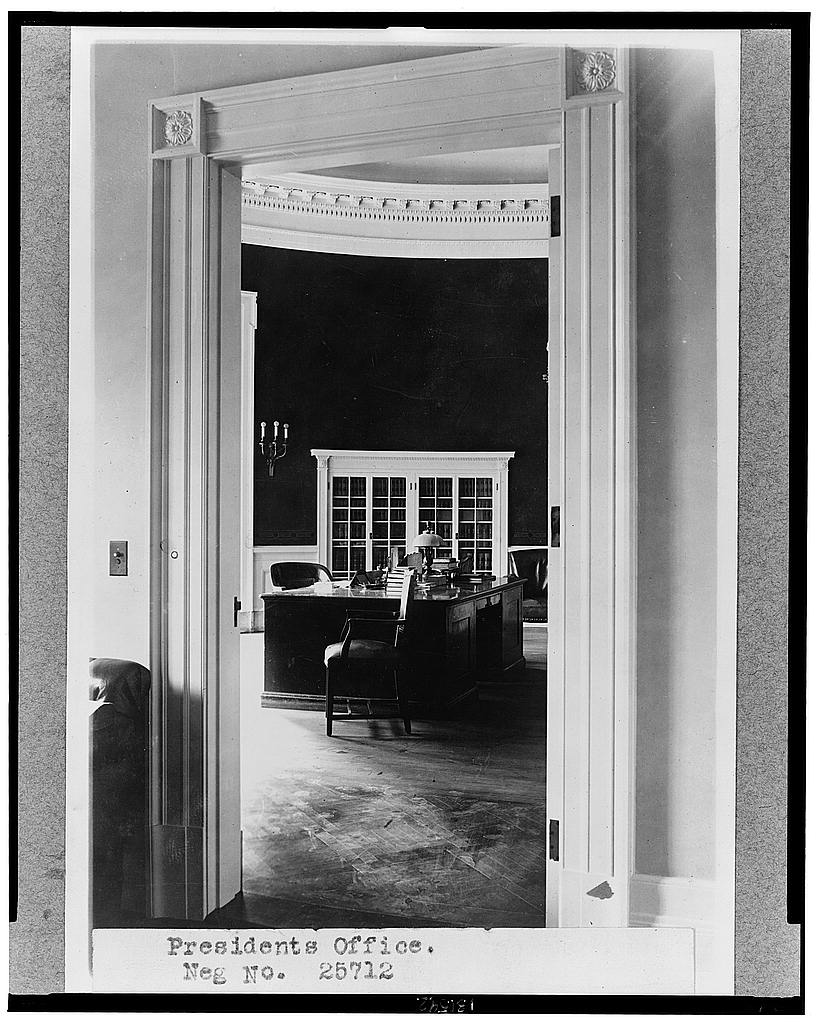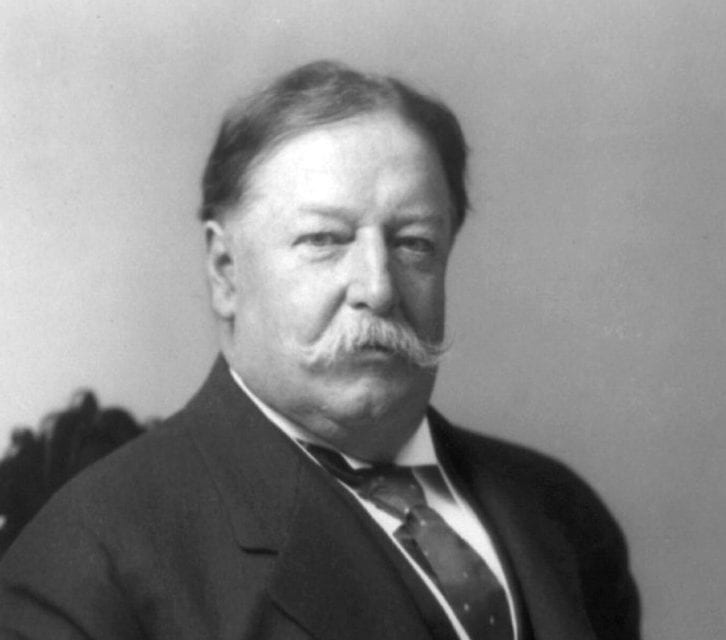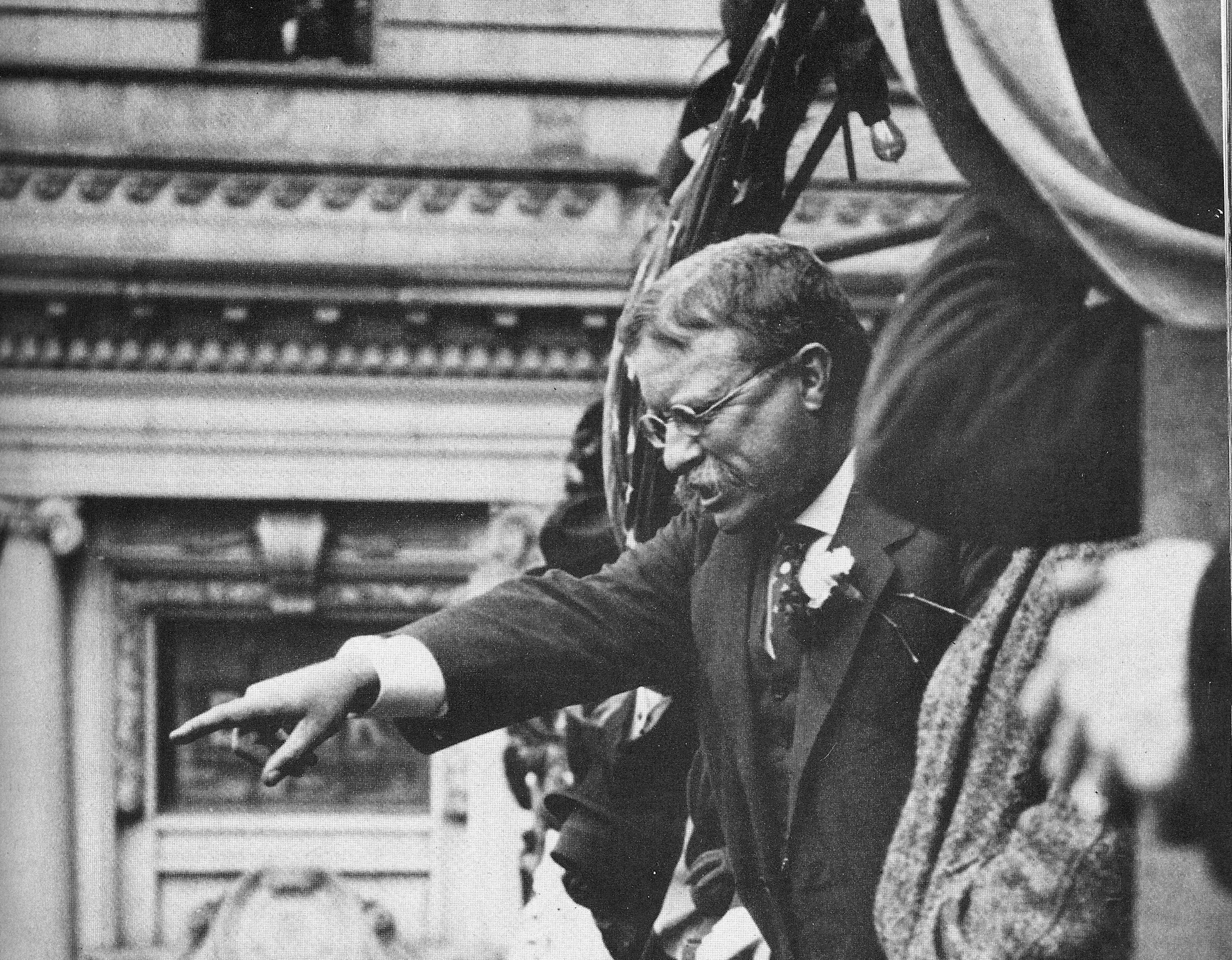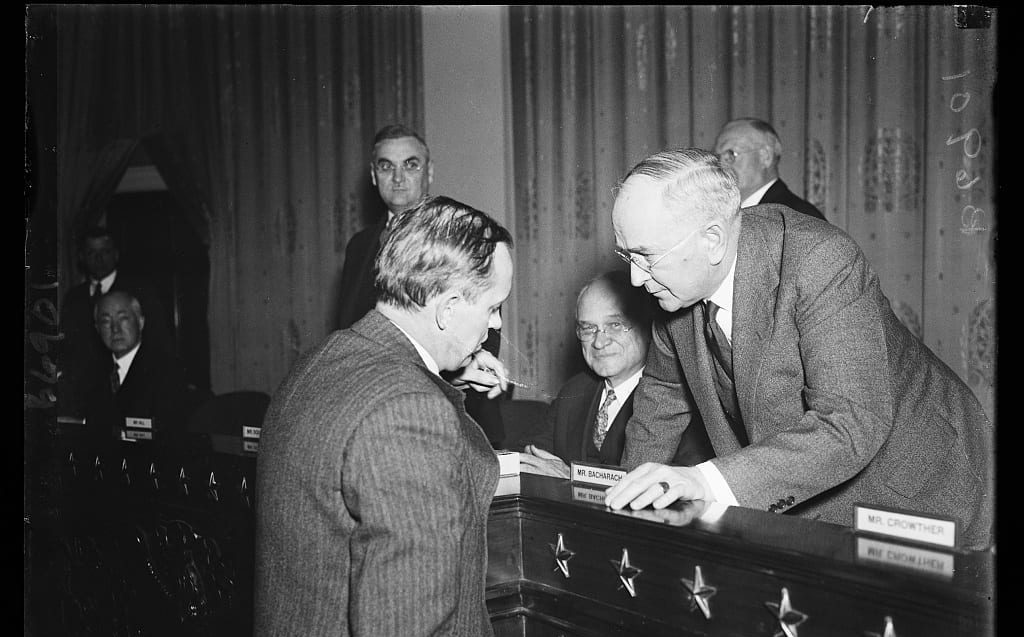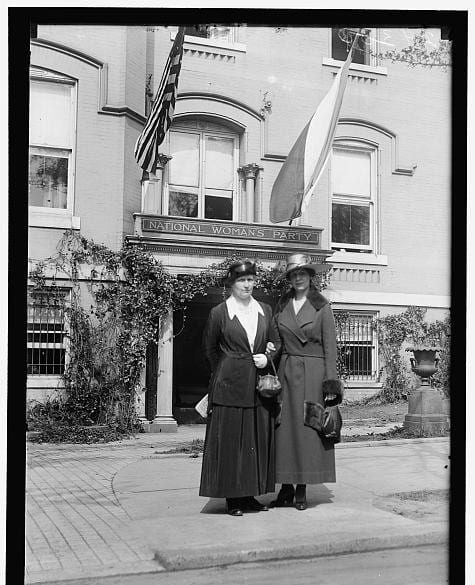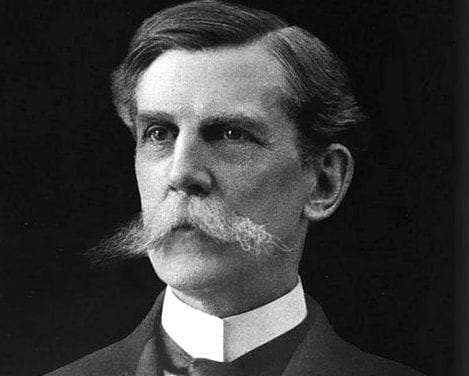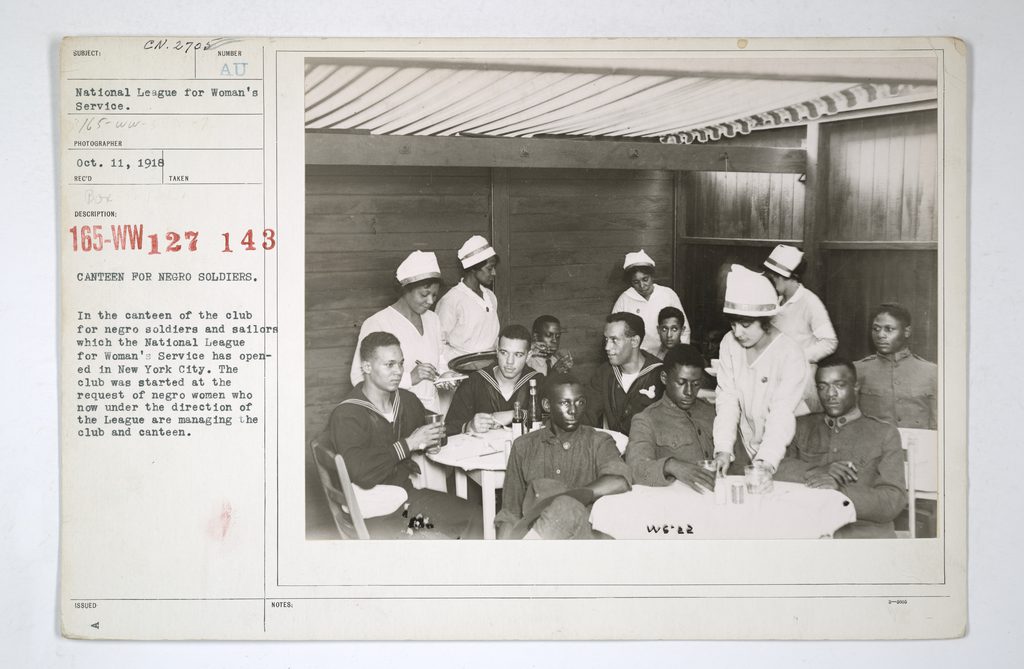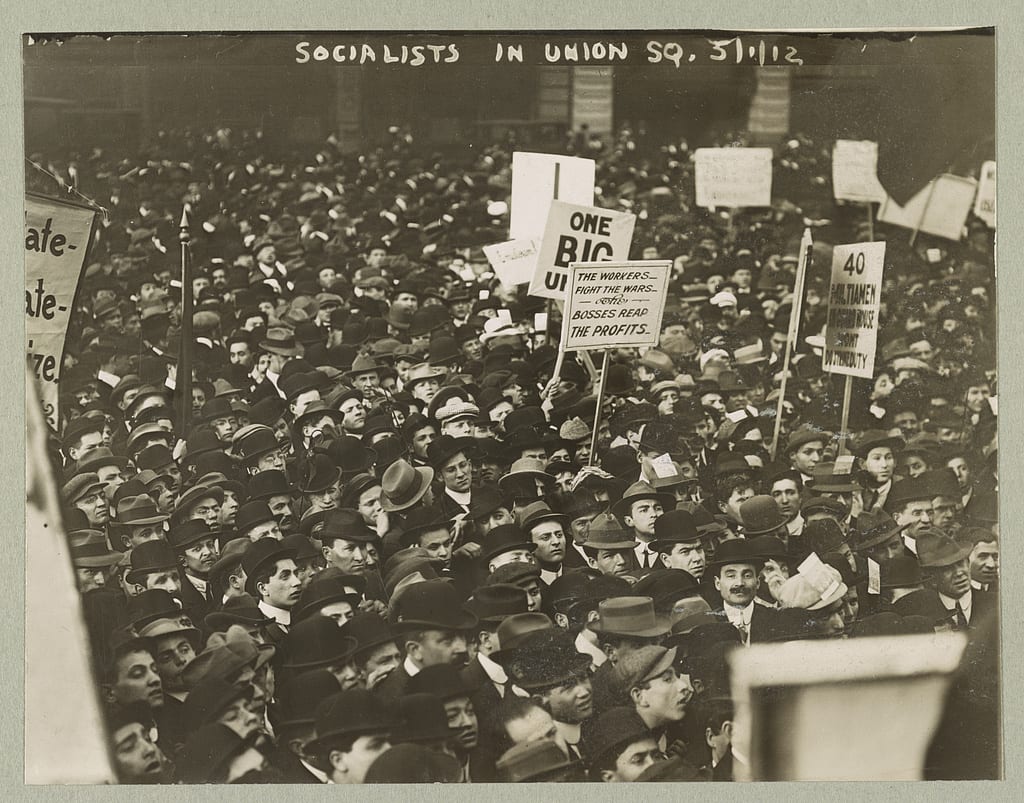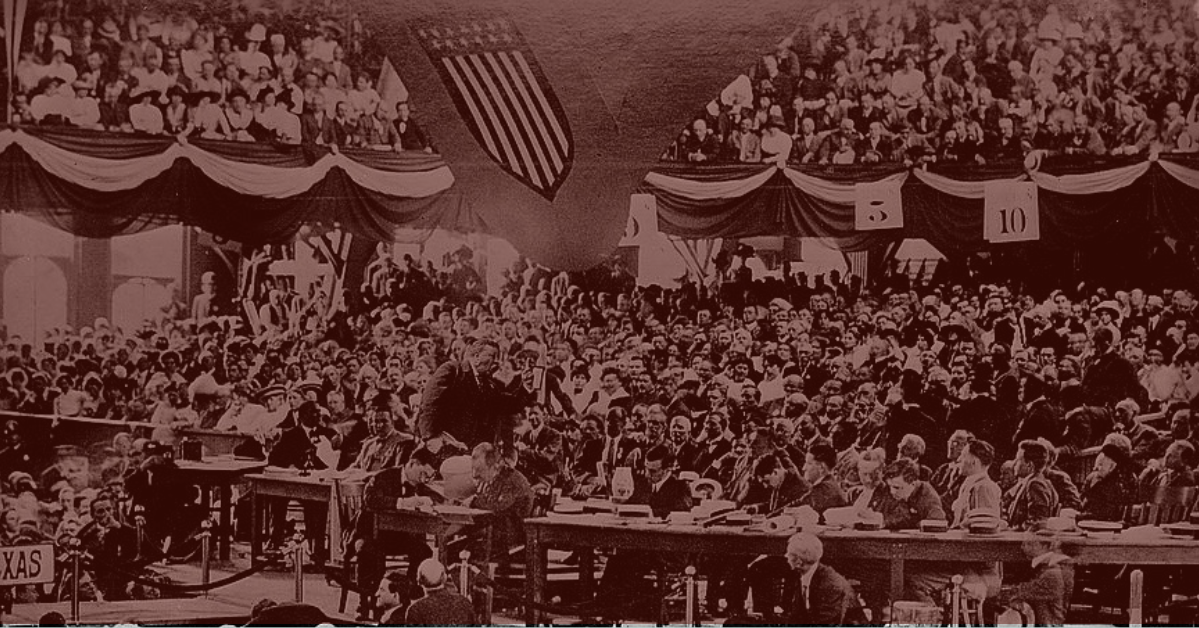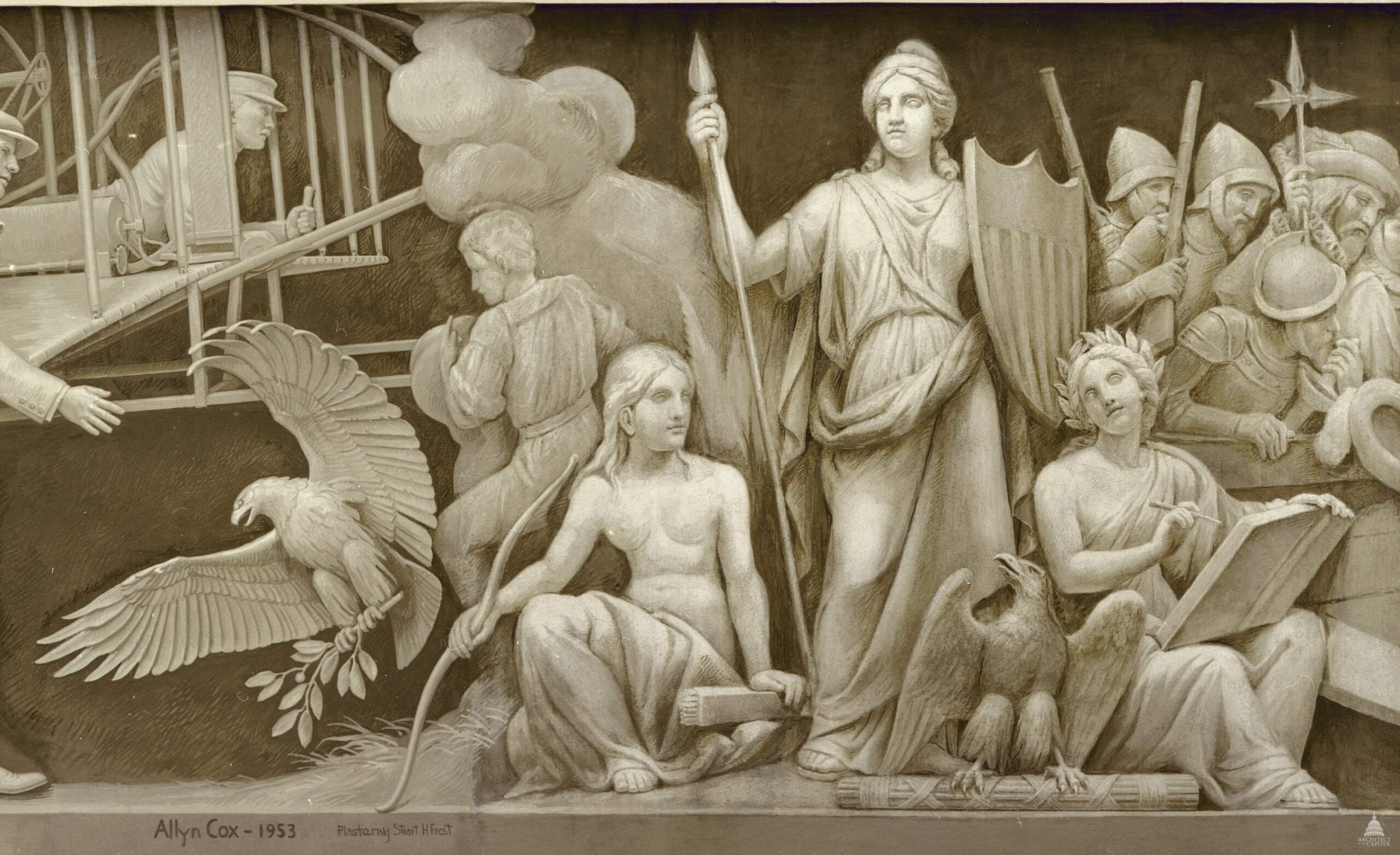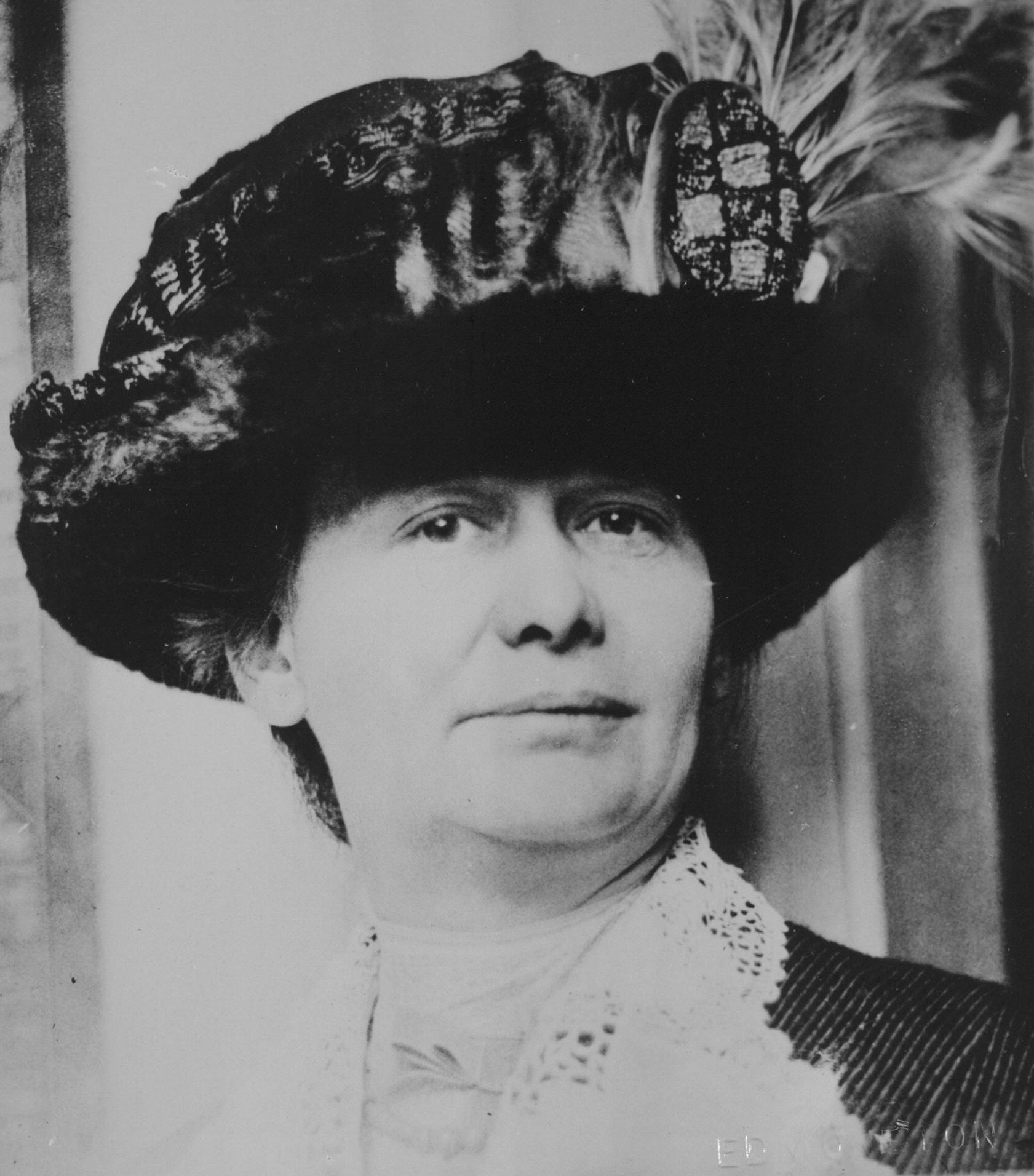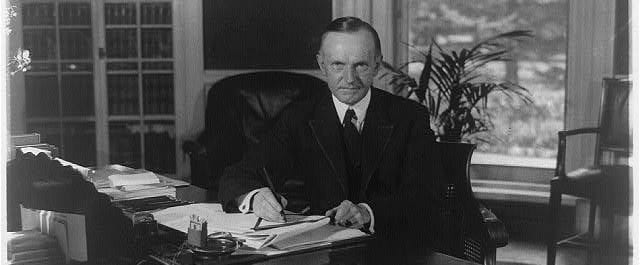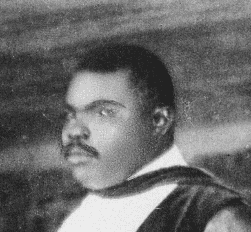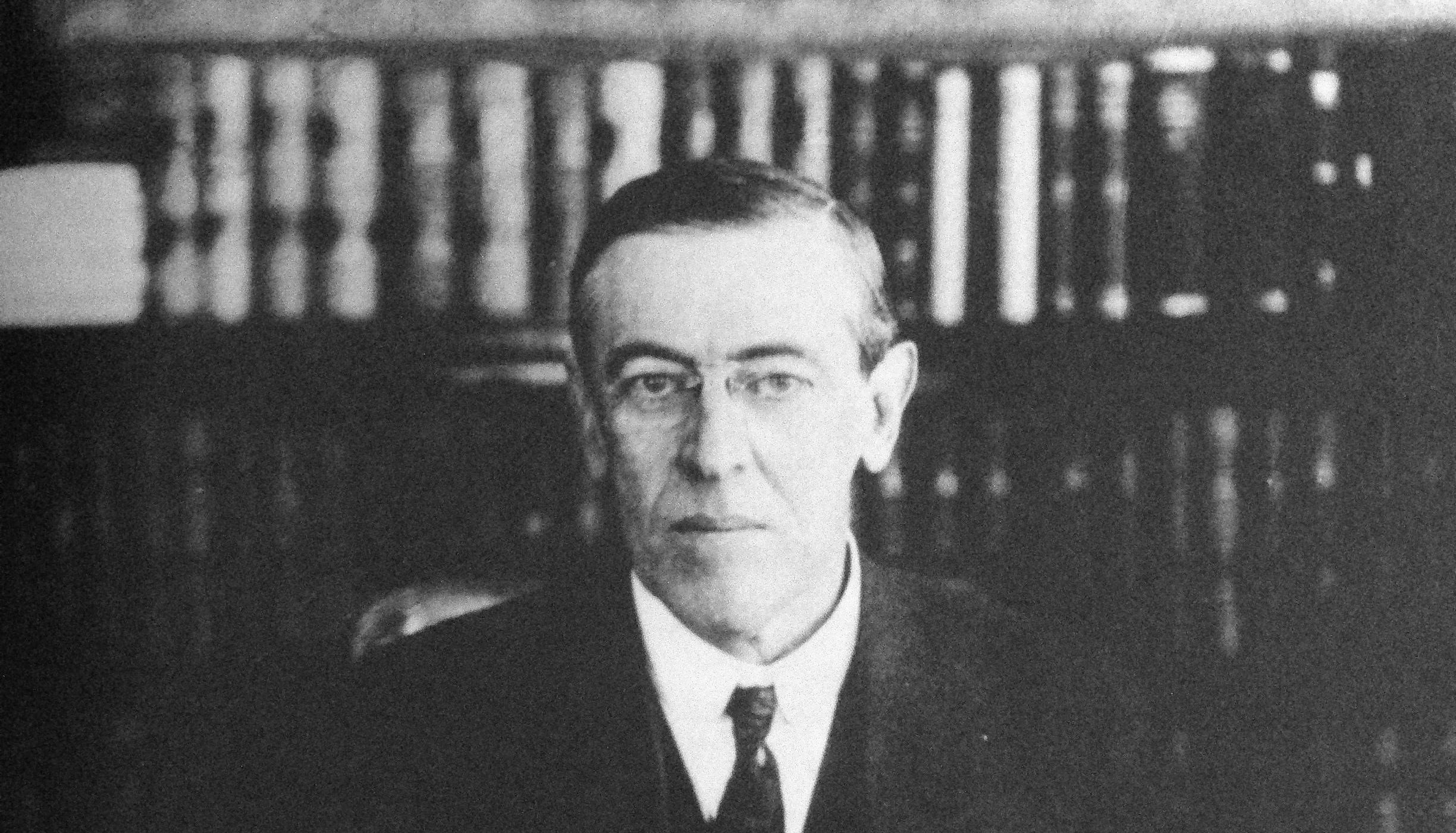
No study questions
No related resources
IF I were asked the simple, direct question, “Does the negro in America have a fair chance?” it would be easy to answer simply, “No,” and then refer to instances with which every one is familiar to justify this reply. Such a statement would, however, be misleading to any one who was not intimately acquainted with the actual situation. For that reason I have chosen to make my answer not less candid and direct, I hope, but a little more substantial.
THE NEGRO TREATED BETTER IN AMERICA THAN ELSEWHERE
ALTHOUGH I have never visited either Africa or the West Indies to see for myself the condition of the people in these countries, I have had opportunities from time to time, outside of the knowledge I have gained from books, to get some insight into actual conditions there. But I do not intend to assert or even suggest that the condition of the American negro is satisfactory, nor that he has in all things a fair chance. Nevertheless, from all that I can learn I believe I am safe in saying that nowhere are there ten millions of black people who have greater opportunities or are making greater progress than the negroes in America.
I know that few native Africans will agree with me in this statement. For example, we had at Tuskegee a student from the Gold Coast who came to America to study in our Bible Training School and incidentally to learn something of our methods of study and work. He did not approve at all of our course of study. There was not enough theology, and too much work to suit him. As far as he was concerned, he could not see any value in learning to work, and he thought it was a pretty poor sort of country in which the people had to devote so much time to labor. “In my country,” he said, “everything grows of itself. We do not have to work. We can devote all our time to the larger life.”
LITTLE IMMIGRATION OF NEGROES
IN the last ten years the official records show that 37,000 negroes have left other countries to take residence in the United States. I can find no evidence to show that any considerable number of black people have given up residence in America.
The striking fact is, that negroes from other countries are constantly coming into the United States, and few are going out. This seems in part to answer the question as to whether the negro is having a fair chance in America as compared with any other country in which negroes live in any large numbers.
By far the largest number of Negro immigrants come from the West Indies. Even Haiti, a free Negro republic, furnishes a considerable number of immigrants every year. In all my experience and observation, however, I cannot recall a single instance in which a negro has left the United States to become a citizen of the Haitian Republic. On the other hand, not a few leaders of thought and action among the Negroes in the United States are those who have given up citizenship in the little Black Republic in order to live under the Stars and Stripes. The majority of the colored people who come from the West Indies do so because of the economic opportunities which the United States offers them. Another large group, however, comes to get education. Here at the Tuskegee Institute in Alabama we usually have not far from one hundred students from South America and the various West Indian Islands. . . .
UNEQUAL LAWS THE CAUSE OF RACIAL TROUBLE IN AMERICA
REDUCED to its lowest terms, the fact is that a large part of our racial troubles in the United States grow out of some attempt to pass and execute a law that will make and keep one man superior to another, whether he is intrinsically superior or not. No greater harm can be done to any group of people than to let them feel that a statutory enactment can keep them superior to anybody else. No greater injury can be done to any youth than to let him feel that because he belongs to this or that race, or because of his color, he will be advanced in life regardless of his own merits or efforts.
In what I have said I do not mean to suggest that in the West Indian Islands there is any more social intermingling between whites and blacks than there is in the United States. The trouble in most parts of the United States is that mere civil and legal privileges are confused with social intermingling. The fact that two men ride in the same railway coach does not mean in any country in the world that they are socially equal.
The facts seem to show, however, that after the West Indian negro has carefully weighed his civil and political privileges against the economic and other advantages to be found in the United States, he decides that, all things considered, he has a better chance in the United States than at home. The negro in Haiti votes, but votes have not made that country happy; or have not even made it free, in any true sense of the word. There is one other fact I might add to this comparison: nearly all the negro church organizations in the United States have mission churches in the islands, as they have also in Africa.
Does the negro in our country have a fair chance as compared with the native black man in Africa, the home of the negro? In the midst of the preparation of this article, I met Bishop Isaiah B. Scott of the Methodist Episcopal Church, one of the strongest and most intelligent colored men that I know. Bishop Scott has spent the greater part of his life in the Southern States, but during the last seven years he has lived in Liberia and traveled extensively on the west coast of Africa, where he has come into contact with all classes of European white people. In answer to my question, Bishop Scott dictated the following sentence, which he authorized me to use:
“The fairest white man that I have met in dealing with the colored man is the American white man. He understands the colored man better because of his contact with him, and he has more respect for the colored man who has accomplished something.”
Basing my conclusions largely on conversations which I have had with native Africans, with negro missionaries, and with negro diplomatic officials who have lived in Africa, especially on the west coast and in South Africa, I am led to the conclusion that, all things considered, the negro in the United States has a better chance than he has in Africa.
THE NEGRO AS A DEPENDENT RACE
IN certain directions the negro has had greater opportunities in the States in which he served as a slave than he has had in the States in which he has been for a century or more a free man. This statement is borne out by the fact that in the South the Negro rarely has to seek labor, but, on the other hand, labor seeks him. In all my experience in the Southern States, I have rarely seen a Negro man or woman seeking labor who did not find it. In the South the Negro has business opportunities that he does not have elsewhere.
While in social matters the lines are strictly drawn, the negro is less handicapped in business in the South than any other part of the country. He is sought after as a depositor in banks. If he wishes to borrow money, he gets it from the local bank just as quickly as the white man with the same business standing. If the negro is in the grocery business or in the dry-goods trade, or if he operates a drug store, he gets his goods from the wholesale dealer just as readily and on as good terms as his white competitor. If the Southern white man has a dwelling-house, a store-house, factory, school, or court-house to erect, it is natural for him to employ a colored man as builder or contractor to perform that work. What is said to be the finest school building in the city of New Orleans was erected by a colored contractor. In the North a colored man who ran a large grocery store would be looked upon as a curiosity. The Southern white man frequently buys his groceries from a Negro merchant.
Fortunately, the greater part of the colored people in the South have remained as farmers on the soil. The late census shows that eighty percent of Southern Negroes live on the land.
There are few cases where a black man cannot buy and own a farm in the South. It is as a farmer in the Southern States that the masses of my race have economically and industrially the largest opportunity. No one stops to ask before purchasing a bale of cotton or a bushel of corn if it has been produced by a white hand or a black hand.
The negro now owns, as near as I can estimate, 15,000 grocery and dry-goods stores, 300 drug stores, and 63 banks. Negroes pay taxes on between $600,000,000 and $700,000,000 of property of various kinds in the United States. Unless he had had a reasonably fair chance in the South, the Negro could not have gained and held this large amount of property, and would not have been able to enter in the commerce of this country to the extent that he has.
SKILLED NEGRO LABOR BETTER TREATED IN THE SOUTH THAN IN THE NORTH.
As a skilled laborer, the negro has a better opportunity in the South than in the North. I think it will be found generally true in the South as elsewhere that wherever the Negro is strong in numbers and in skill he gets on well with the trades-unions. In these cases the unions seek to get him in, or they leave him alone, and in the latter case do not seek to control him. In the Southern States, where the race enters in large numbers in the trades, the trades-unions have not had any appreciable effect in hindering the progress of the negro as a skilled laborer or as a worker in special industries, such as coal-mining, iron-mining, etc. In border cities, like St. Louis, Washington, and Baltimore, however, the negro rarely finds work in such industries as brick-laying and carpentry. One of the saddest examples of this fact that I ever witnessed was in the City of Washington, where on the campus of Howard University, a Negro institution, a large brick building was in process of erection. Every man laying brick on this building was white, every man carrying a hod was a negro. The white man, in this instance, was willing to erect a building in which Negroes could study Latin, but was not willing to give Negroes a chance to lay the bricks in its walls.
Let us consider for a moment the negro in the professions in the Southern States. Aside from school teaching and preaching, into which the racial question enters in only a slight degree, there remain law and medicine. All told, there are not more than 700 colored lawyers in the Southern States, while there are perhaps more than 3000 doctors, dentists, and pharmacists. With few exceptions, colored lawyers feel, as they tell me, that they do not have a fair chance before a white jury when a white lawyer is on the other side of the case. Even in communities where Negro lawyers are not discriminated against by juries, their clients feel that there is danger in intrusting cases to a colored lawyer. Mainly for these two reasons, colored lawyers are not numerous in the South; yet, in cases where colored lawyers combine legal practice with trading and real estate, they have in several instances been highly successful.
THE DIFFICULTY OF OBTAINING UNIFORM TREATMENT
HERE again, however, it is difficult to generalize. People speak of the “race question” in the South, overlooking the fact that each one of the 1300 counties in the Southern States is a law unto itself. The result is that there are almost as many race problems as there are counties. The negro may have a fair chance in one county, and have no chance at all in the adjoining county. The Hon. Josiah T. Settles, for example, has practiced both criminal and civil law for thirty years in Memphis. He tells me that he meets with no discrimination on account of his color either from judges, lawyers, or juries. There are other communities, like New Orleans and Little Rock, where negro lawyers are accorded the same fair treatment, and, I ought to add, that, almost without exception, negro lawyers tell me they are treated fairly by white judges and white lawyers.
The professional man who is making the greatest success in the South is the Negro doctor, and I should include the pharmacists and dentists with the physicians and surgeons. Except in a few cities, white doctors are always willing to consult with Negro doctors.
The young Negro physician in the South soon finds himself with a large and paying practice, and, as a rule, he makes use of this opportunity to improve the health conditions of his race in the community. Some of the most prosperous men of my race in the South are negro doctors. Again, the very fact that a negro cannot buy soda-water in a white drug store makes an opportunity for the colored drug store, which often becomes a sort of social center for the colored population.
From an economic point of view, the negro in the North, when compared with the white man, does not have a fair chance. This is the feeling not only of the colored people themselves, but of almost every one who has examined into the conditions under which colored men work. But here also one is likely to form a wrong opinion. There is, to begin with, this general difference between the North and the South, that whereas in the South there is, as I have already suggested, a job looking for every idle man, in the North, on the contrary, there are frequently two or three idle men looking for every job. In some of the large cities of the North there are organizations to secure employment for colored people. For a number of years I have kept in pretty close touch with those at the head of these organizations, and they tell me that in many cases they have been led to believe that the negro has a harder time in finding employment than is actually true. The reason is that those who are out of employment seek these organizations. Those who have steady work, in positions which they have held for years, do not seek them.
As a matter of fact, I have been surprised to find how large a number of colored people there are in Boston, New York, Philadelphia, and Chicago who hold responsible positions in factories, stores, banks, and other places. In regard to these people one hears very little. There is a colored man, for example, in Cleveland who has been for years private secretary to a railway president. In St. Paul there is a colored man who holds a similar position; in Baltimore there is still another colored private secretary to a railway president.
THE SHIFTING OF OCCUPATIONS.
IN recent years there has been a great shifting of employment between the races. A few years ago all the rough work in the mines, on the railway, and elsewhere was performed by Irish immigrants. Now this work is done by Poles, Hungarians, and Italians. In cities like New York, Chicago, and Pittsburg one finds to-day fewer colored people employed as hotel waiters, barbers, and porters than twenty years ago. In New York, however, many colored men are employed in the streets and in the subways. In Pittsburg thousands of colored men are employed in the iron mills. In Chicago Negroes are employed very largely in the packing-houses. Twenty years ago in these cities there were almost no colored people in these industries. In addition to the changes I have mentioned, many colored people have gone into businesses of various kinds on their own account. It should be remembered, also, that, while in some trades and in some places discrimination works in his favor. The case in point is the Pullman-car service. I question whether any white man, however efficient, could secure a job as a Pullman-car porter.
BETTER OPPORTUNITY FOR EDUCATION IN THE NORTH
IN the North, as a rule, the negro has the same opportunities for education as his white neighbor. When it comes to making use of this education, however, he is frequently driven to a choice between becoming an agitator, who makes his living out of the troubles of his race, or emigrating to the Southern States, where the opportunities for educated colored men are large. One of the greatest sources of bitterness and despondency among colored people in the North grows out of their inability to find a use for their education after they have obtained it. Again, they are seldom sure of just what they may or may not do. If one is a stranger in a city, he does not know in what hotel he will be permitted to stay; he is not certain what seat he may occupy in the theater, or whether he will be able to obtain a meal in a restaurant.
THE UNCERTAINTY OF TREATMENT OF THE RACE IN THE NORTH
THE uncertainty, the constant fear and expectation of rebuff which the colored man experiences in the North, is often more humiliating and more wearing than the frank and impersonal discrimination which he meets in the South. This is all the more true because the colored youth in most of the Northern States, educated as they are in the same schools with white youths, taught by the same teachers, and inspired by the same ideals of American citizenship, are not prepared for the discrimination that meets them when they leave school.
Despite all this, it cannot be denied that the Negro has advantages in the North which are denied him in the South. They are the opportunity to vote and to take part, to some extent, in making and administering the laws by which he is governed, the opportunity to obtain an education, and, what is of still greater importance, fair and unbiased treatment in the courts, the protection of the law.
I have touched upon conditions North and South, which, whether they affect the negro favorably or adversely, are for the most part so firmly entrenched in custom, prejudice, and human nature that they must perhaps be left to the slow changes of time. There are certain conditions in the South, however, in regard to which colored people feel perhaps more keenly because they believe if they were generally understood they would be remedied. Very frequently the Negro people suffer injury and wrong in the South because they have or believe they have no way of making their grievances known. Not only are they not represented in the legislatures, but it is sometimes hard to get a hearing even in the press. On one of my educational campaigns in the South I was accompanied by a colored newspaper man. He was an enterprising sort of chap and at every public meeting we held he would manage in some way to address the audience on the subject of his paper. On one occasion, after appealing to the colored people for some time, he turned to the white portion of the audience.
“You white folks,” he said, “ought to read our colored papers to find out what colored people are doing. You ought to find out what they are doing and what they are thinking. You don’t know anything about us,” he added. “Don’t you know a colored man can’t get his name in a white paper unless he commits a crime?”
I do not know whether the colored newspaper man succeeded in getting any subscriptions by this speech or not, but there was much truth in his statement.
THE GREATEST SOURCE OF DISSATISFACTION TO THE NEGRO IN THE SOUTH
ONE thing that many negroes feel keenly, although they do not say much about it to either black or white people, is the conditions of railway travel in the South.
Now and then the Negro is compelled to travel. With few exceptions, the railroads are almost the only great business concerns in the South that pursue the policy of taking just as much money from the black traveler as from the white traveler without feeling that they ought, as a matter of justice and fair play, not as a matter of social equality, to give one man for his money just as much as another man. The failure of most of the roads to do justice to the negro when he travels is the source of more bitterness than any one other matter of which I have any knowledge.
It is strange that the wide-awake men who control the railroads in the Southern States do not see that, as a matter of dollars and cents, to say nothing of any higher consideration, they ought to encourage, not discourage, the patronage of nine millions of the black race in the South. This is a traveling population that is larger than the whole population of Canada, and yet, with here and there an exception, railway managers do not seem to see that there is any business advantage to them in giving this large portion of the population fair treatment.
What embitters the colored people in regard to railroad travel, I repeat, is not the separation, but the inadequacy of the accommodations. The colored people are given half of a baggage-car or half of a smoking-car. In most cases, the negro portion of the car is poorly ventilated, poorly lighted, and, above all, rarely kept clean; and then, to add to the colored man’s discomfort, no matter how many colored women may be in the colored end of the car, nor how clean or how well educated these colored women may be, this car is made the headquarters for the newsboy. He spreads out his papers, his magazines, his candy, and his cigars over two or three seats. White men are constantly coming into the car and almost invariably light cigars while in the colored coach, so that these women are required to ride in what is virtually a smoking-car.
On some of the roads colored men and colored women are forced to use the same toilet-room. This is not true of every Southern railway. There are some railways in the South, notably the Western Railway of Alabama, which make a special effort to see that the colored people are given every facility in the day coaches that the white people have, and the colored people show in many ways that they appreciate this consideration.
Here is an experience of R. S. Lovinggood, a colored man of Austin, Texas. I know Mr. Lovinggood well. He is neither a bitter nor a foolish man. I will venture to say that there is not a single white man in Austin, Texas, where he lives, who will say that Professor Lovinggood is anything but a conservative, sensible man.
“At one time,” he said to me, in speaking of some of his traveling experiences, “I got off at a station almost starved. I begged the keeper of the restaurant to sell me a lunch in a paper and hand it out of the window. He refused, and I had to ride a hundred miles farther before I could get a sandwich.
“At another time I went to a station to purchase my ticket. I was there thirty minutes before the ticket-office was opened. When it did finally open I at once appeared at the window. While the ticket-agent served the white people at one window, I remained there beating the other until the train pulled out. I was compelled to jump aboard the train without my ticket and wire back to get my trunk expressed. Considering the temper of the people, the separate coach law may be the wisest plan for the South, but the statement that the two races have equal accommodations is all bosh. I pay the same money, but I cannot have a chair or a lavatory and rarely a through car. I must crawl out at all times of night, and in all kinds of weather, in order to catch another dirty ’Jim Crow’ coach to make my connections. I do not ask to ride with white people. I do ask for equal accommodations for the same money.”
LACK OF A “SQUARE DEAL” IN EDUCATION IN THE SOUTH
IN the matter of education, the Negro in the South has not had what Colonel Roosevelt calls a “square deal.” In the North, not only the Jew, the Slav, the Italian, many of whom are such recent arrivals that they have not yet become citizens and voters, even under the easy terms granted them by the naturalization laws of the Northern States, have all the advantages of education that are granted to every other portion of the population, but in several States an effort is now being made to give immigrant peoples special opportunities for education over and above those given to the average citizen. In some instances, night schools are started for their special benefit. Frequently schools which run nine months in the winter are continued throughout the summer, whenever a sufficient number of people can be induced to attend them. Sometimes, as for example, in New York State, where large numbers of men are employed in digging the Erie Canal and in excavating the Croton Aqueduct, camp schools are started where the men employed on these public works in the day may have an opportunity to learn the English language at night. In some cases a special kind of text-book, written in two or three different languages, has been prepared for use in these immigrant schools, and frequently teachers are specially employed who can teach in the native languages if necessary.
While in the North all this effort is being made to provide education for these foreign peoples, many of whom are merely sojourners in this country, and will return in a few months to their homes in Europe, it is only natural that the negro in the South should feel that he is unfairly treated when he has, as is often true in the country districts, either no school at all, or one with a term of no more than four or five months, taught in the wreck of a log-cabin and by a teacher who is paid about half the price of a first-class convict.
This is no mere rhetorical statement. If a negro steals or commits a murderous assault of some kind, he will be tried and imprisoned, and then, if he is classed as a first-class convict, he will be rented out at the rate of $46 per month for twelve months in the year. The Negro who does not commit a crime, but prepares himself to serve the State as a first-grade teacher, will receive from the State for that service perhaps $30 per month for a period of not more than six months.
Taking the Southern States as a whole, about $10.23 per capita is spent in educating the average white boy or girl, and the sum of $2.82 per capita in educating the average black child.
Let me take as an illustration one of our Southern farming communities, where the colored population largely outnumbers the white. In Wilcox County, Alabama, there are nearly 11,000 black children and 2000 white children of school age. Last year $3569 of the public school fund went for the education of the black children in that county, and $30,294 for the education of the white children, this notwithstanding that there are five times as many negro children as white. In other words, there was expended for the education of each negro child in Wilcox County thirty-three cents, and for each white child $15. In the six counties surrounding and touching Wilcox County there are 55,000 negro children of school age. There was appropriated for their education last year from the public school fund $40,000, while for the 19,622 white children in the same counties there was appropriated from the public fund $199,000.
There are few, if any, intelligent white people in the South or anywhere else who will claim that the negro is receiving justice in these counties in the matter of the public school fund. Especially will this seem true when it is borne in mind that the negro is the main dependence for producing the farm products which constitute the chief wealth of that part of Alabama. I say this because I know there are thousands of fair-minded and liberal white men in the South who do not know what is actually going on in their own States.
In the State of Georgia, negroes represent forty-two percent of the farmers of the State, and are largely employed as farm laborers on the plantations. Notwithstanding this fact, Georgia has two agricultural colleges and eleven district agricultural high schools for whites, supported at an annual cost to the State of $140,000, while there is only one school where negroes have a chance to study agriculture, and to the support of this the State contributes only $8000 a year. When one hears it said that the negro farmer of Georgia is incompetent and inefficient as compared with the white farmer of Minnesota or Wisconsin, can any one say that this is fair to the negro?
Not a few Southern white men see what is needed and are not afraid to say so. A. A. Gunby of Louisiana recently said: “Every one competent to speak and honest enough to be candid knows that education benefits and improves the Negro. It makes him a better neighbor and workman, no matter what you put him at.”
Every one agrees that a public library in a city tends to make better citizens, keeping people usefully employed instead of spending their time in idleness or in committing crime. Is it fair, as is true of most of the large cities of the South, to take the negro’s money in the form of taxes to support a public library, and then to make no provision for the negro using any library? I am glad to say that some of the cities, for instance, Louisville, Kentucky, and Jacksonville, Florida, have already provided library facilities for their black citizens or are preparing to do so.
One excuse that is frequently made in the South for not giving the negro a fair share of the moneys expended for education is that the negro is poor and does not contribute by his taxes sufficient to support the schools that now exist. True, the negro is poor; but in the North that would be a reason for giving him more opportunities for education, not fewer, because it is recognized that one of the greatest hindrances to progress is ignorance. As far as I know, only two men have ever given thorough consideration to the question as to the amount the negro contributes directly or indirectly toward his own education. Both of these are Southern white men. One of them is W. N. Sheats, former Superintendent of Education for the State of Florida. The other is Charles L. Coon, Superintendent of Schools at Wilson, North Carolina, and formerly connected with the Department of Education for that State.
THE NEGRO PAYS MORE THAN HIS SHARE TO EDUCATION IN THE SOUTH.
IN his annual report for 1900, Mr. Sheats made a thorough analysis of the sources of the school fund in Florida, and of the way in which it is distributed between the white and Negro schools. In referring to the figures which he obtained, he said:
A glance at the foregoing statistics indicates that the section of the State designated as “Middle Florida” is considerably behind all the rest in all stages of educational progress. The usual plea is that this is due to the intolerable burden of Negro education, and a general discouragement and inactivity is ascribed to this cause. The following figures are given to show that the education of the Negroes of Middle Florida does not cost the white people of that section one cent. Without discussing the American principle that it is the duty of all property to educate every citizen as a means of protection to the State, and with no reference to what taxes that citizen may pay, it is the purpose of this paragraph to show that the backwardness of education of the white people is in no degree due to the presence of the negro, but that the presence of the negro has been actually contributing to the sustenance of the white schools.
Mr. Sheats shows that the amount paid for Negro schools from Negro taxes or from a division of other funds to which Negroes contribute indirectly with the whites, amounted to $23,984. The actual cost of Negro schools, including their pro rata for administration expenses, was $19,467.
“If this is a fair calculation,” Mr. Sheats concludes, “the schools for Negroes are not only no burden on the white citizens, but $4525 for negro schools contributed from other sources was in some way diverted to the white schools. A further loss to the negro schools is due to the fact that so few polls are collected from Negroes by county officials.”
Mr. Coon, in an address on “Public Taxation and Negro Schools” before the 1909 Conference for Education in the South, at Atlanta, Georgia, said: The South is spending $32,068,851 on her public schools, both white and black, but what part of this sum is devoted to negro public schools, which must serve at least forty per cent. of her school population? It is not possible to answer this question with absolute accuracy, but it is possible from the several State reports to find out the whole amount spent for teachers, and in all the States, except Arkansas, what was spent for white and negro teachers separately. The aggregate amount now being spent for public teachers of both races in these eleven States is $23,856,914, or 74.4 per cent. of the whole amount expended. Of this sum not more than $3,818,705 was paid to negro teachers, or twelve per cent. of the total expenditures.
He also brought out the fact that in Virginia, if, in addition to the direct taxes paid by negroes, they had received their proportion of the taxes on corporate property and other special taxes, such as fertilizers, liquor, etc., there would have been expended on the negro schools $18,077 more than was expended; that is, they would have received $507,305 instead of $489,228. In North Carolina there would have been expended $26,539 more than was expended, the Negroes receiving $429,197 instead of $402,658. In Georgia there would have been expended on the Negro schools $141,682 more than was expended.
In other words, Superintendent Coon seems to prove that negro schools in the States referred to are not only no burden to the white tax-payers, but that the colored people do not get back all the money for their schools that they themselves pay in taxes. In each case there is a considerable amount taken from the Negroes’ taxes and spent somewhere else or for other purposes.”
CONVICT LABOR A GREAT EVIL IN THE SOUTH
IT would help mightily toward the higher civilization for both races if more white people would apply their religion to the negro in their community, and ask themselves how they would like to be treated if they were in the negro’s place. For example, no white man in America would feel that he was being treated with justice if every time he had a case in court, whether civil or criminal, every member of the jury was of some other race. Yet this is true of the Negro in nearly all of the Southern States. There are few white lawyers or judges who will not admit privately that it is almost impossible for a Negro to get justice when he has a case against a white man and all the members of the jury are white. In these circumstances, when a Negro fails to receive justice, the injury to him is temporary, but the injury to the character of the white man on the jury is permanent.
In Alabama eighty-five percent of the convicts are Negroes. The official records show that last year Alabama had turned into its treasury $1,085,854 from the labor of its convicts. At least $900,000 of this came from Negro convicts, who were for the most part rented to the coal-mining companies in the northern part of the State. The result of this policy has been to get as many able-bodied convicts as possible into the mines, so that contractors might increase their profits. Alabama, of course, is not the only State that has yielded to the temptation to make money out of human misery. The point is, however, that while $900,000 is turned into the State treasury from negro-convict labor, to say nothing of Negro taxes, there came out of the State treasury, to pay Negro teachers, only $357,585.
I speak of this matter as much in the interest of the white man as of the black. Whenever and wherever the white man, acting as a court officer, feels that he cannot render absolute justice because of public sentiment, that white man is not free. Injustice in the courts makes slaves of two races in the South, the white and the black.
THE BALLOT TO THE INTELLIGENT NEGRO
NO influence could ever make me desire to go back to the conditions of Reconstruction days to secure the ballot for the Negro. That was an order of things that was bad for the Negro and bad for the white man. In most Southern States it is absolutely necessary that some restriction be placed upon the use of the ballot. The actual methods by which this restriction was brought about have been widely advertised, and there is no necessity for me discussing them here. At the time these measures were passed I urged that, whatever law went upon the statute-book in regard to the use of the ballot, it should apply with absolute impartiality to both races. This policy I advocate again in justice to both white man and Negro.
Let me illustrate what I mean. In a certain county of Virginia, where the county board had charge of registering those who were to be voters, a colored man, a graduate of Harvard University, who had long been a resident of the county, a quiet, unassuming man, went before the board to register. He was refused on the ground that he was not intelligent enough to vote. Before this colored man left the room a white man came in who was so intoxicated that he could scarcely tell where he lived. This white man was registered, and by a board of intelligent white men who had taken an oath to deal justly in administering the law.
Will any one say that there is wisdom or statesmanship in such a policy as that? In my opinion it is a fatal mistake to teach the young black man and the young white man that the dominance of the white race in the South rests upon any other basis than absolute justice to the weaker man. It is a mistake to cultivate in the mind of any individual or group of individuals the feeling and belief that their happiness rests upon the misery of some one else, or that their intelligence is measured by the ignorance of some one else; or their wealth by the poverty of some one else. . . .
THE CRIME OF LYNCHING
IN most parts of the United States the colored people feel that they suffer more than others as the result of the lynching habit. When he was Governor of Alabama, I heard Governor Jelks say in a public speech that he knew of five cases during his administration of innocent colored people having been lynched. If that many innocent people were known to the governor to have been lynched, it is safe to say that there were other innocent persons lynched whom the governor did not know about. What is true of Alabama in this respect is true of other States. In short, it is safe to say that a large proportion of the colored people lynched are innocent.
A lynching-bee usually has its origin in a report that some crime has been committed. The story flies from mouth to mouth. Excitement spreads. Few take the time to get the facts. A mob forms and fills itself with bad whisky. Some one is captured. In case rape is charged, the culprit is frequently taken before the person said to have been assaulted. In the excitement of the moment, it is natural that the victim should say that the first person brought before her is guilty. Then comes more excitement and more whisky. Then comes the hanging, the shooting, or burning of the body.
Not a few cases have occurred where white people have blackened their faces and committed a crime, knowing that some negro would be suspected and mobbed for it. In other cases it is known that where negroes have committed crimes, innocent men have been lynched and the guilty ones have escaped and gone on committing more crimes.
Within the last twelve months there have been seventy-one cases of lynching, nearly all of colored people. Only seventeen were charged with the crime of rape. Perhaps they are wrong to do so, but colored people in the South do not feel that innocence offers them security against lynching. They do feel, however, that the lynching habit tends to give greater security to the criminal, white or black. When ten millions of people feel that they are not sure of being fairly tried in a court of justice, when charged with crime, is it not natural that they should feel that they have not had a fair chance?
I am aware of the fact that in what I have said in regard to the hardships of the negro in this country I throw myself open to the criticism of doing what I have all my life condemned and everywhere sought to avoid; namely, laying over-emphasis on matters in which the negro race in America has been badly treated, and thereby overlooking those matters in which the negro has been better treated in America than anywhere else in the world.
What has been accomplished in the past years, however, is merely an indication of what can be done in the future.
As white and black learn day by day to adjust, in a spirit of justice and fair play, those interests which are individual and racial, and to see and feel the importance of those fundamental interests which are common, so will both races grow and prosper. In the long run no individual and no race can succeed which sets itself at war against the common good.
Annual Message to Congress Part I (1912)
December 03, 1912
Conversation-based seminars for collegial PD, one-day and multi-day seminars, graduate credit seminars (MA degree), online and in-person.



